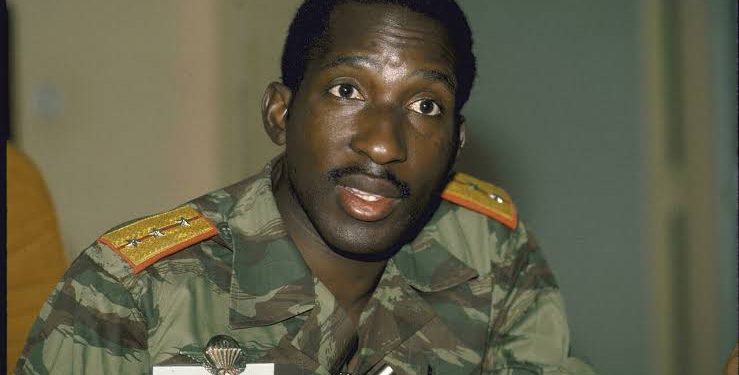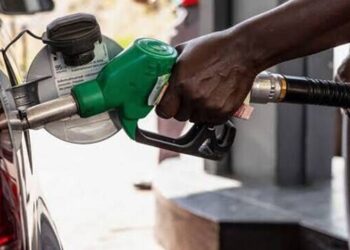By Ebi kesiena
Fourteen men, including a former President, will go on trial in Burkina Faso over the assassination in 1987 of Thomas Sankara, the country’s revolutionary leader and a pan-African icon.
Near the Sankara memorial site, where he was assassinated 34 years ago, street vendors and visitors say they expect the trial to shed light on his murder.
Dubbed Africa’s Che Guevara, Sankara wanted to decolonise minds in Burkina Faso and across the continent, but his revolutionary dreams were cut short when he was gunned down in a 1987 coup after just four years in power.
The trial of the alleged perpetrators of the assassination, including his former friend Blaise Compaore who succeeded him as President and went on to rule for 27 years, opens Monday in the capital Ouagadougou.
Despite his short time in power, Sankara remains for many a revered figure.
During mass protests which toppled Compaore in 2014, young people carried portraits of Sankara aloft though many had not even been born during the Marxist–Leninist leader’s rule.
According to high school teacher, Serge Ouedraogo, Sankara is a whole philosophy, a way of thinking and being, a way of life. Sankara is a pride of Africa.
“Today, we can say that Sankara represents a compass for the people of Burkina Faso. He is a guide, it is he who blazed the trail of hope for the people,” he said.
After finishing high school in Ouagadougou, he underwent military training abroad. He was in Madagascar for the 1972 insurrection which overthrew President Philibert Tsiranana, considered by foes to be a lackey of former colonial power France.
Returning to his homeland in 1973, Sankara was assigned to train young recruits, and stood out while fighting in a border war with Mali in 1974-1975.
After a coup d’etat in 1980, the new leader, Colonel Saye Zerbo, appointed Sankara his Secretary of State for Information. But the soldier’s radical views made him quit the government a year and a half later.
Sankara was appointed Prime Minister in January 1983 after another military coup, which led to a quiet power struggle at the heart of the army.
He was arrested in May 1983 but was then made President in August after yet another coup, this one led by his close friend Compaore.
Aged just 33, Sankara symbolised for supporters’ African youth and integrity.
He changed the country’s name from the colonial-era Upper Volta to Burkina Faso “the land of honest men”.
On October 15, 1987, when called to an Extraordinary Cabinet Session, Sankara was mown down by fellow soldiers during a putsch which left Compaore alone in power. He was only 37 years old.




































